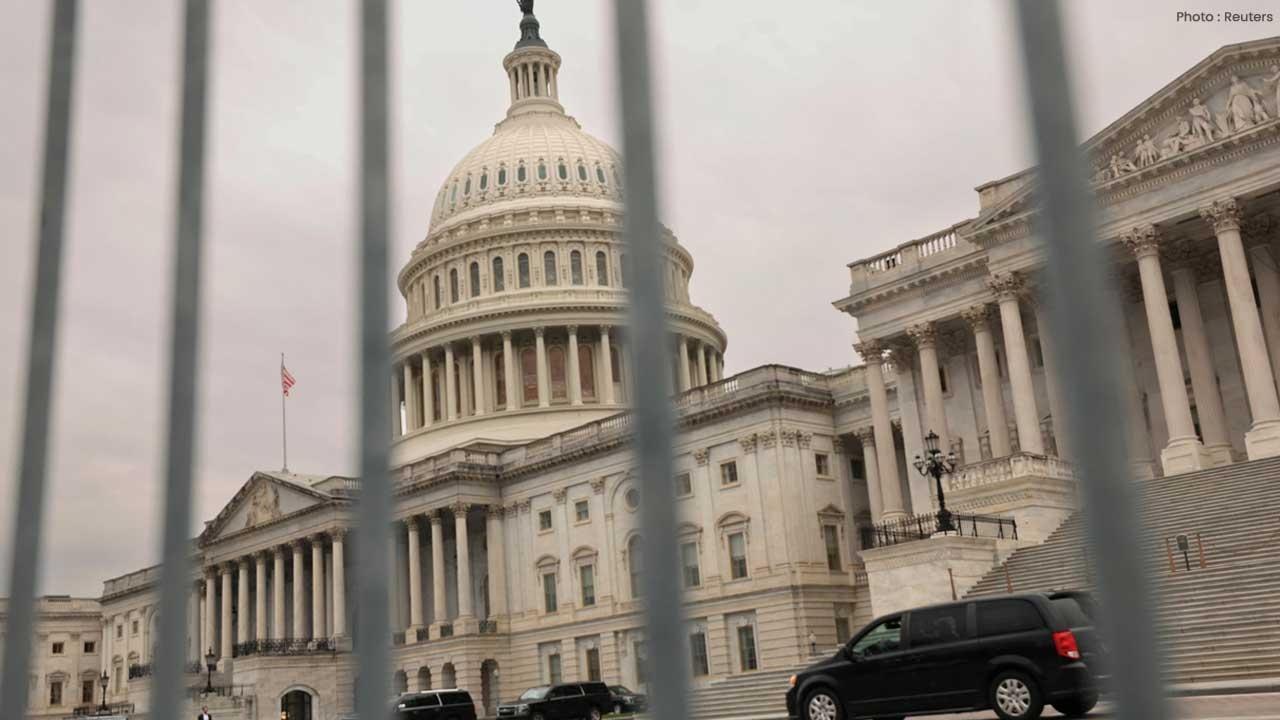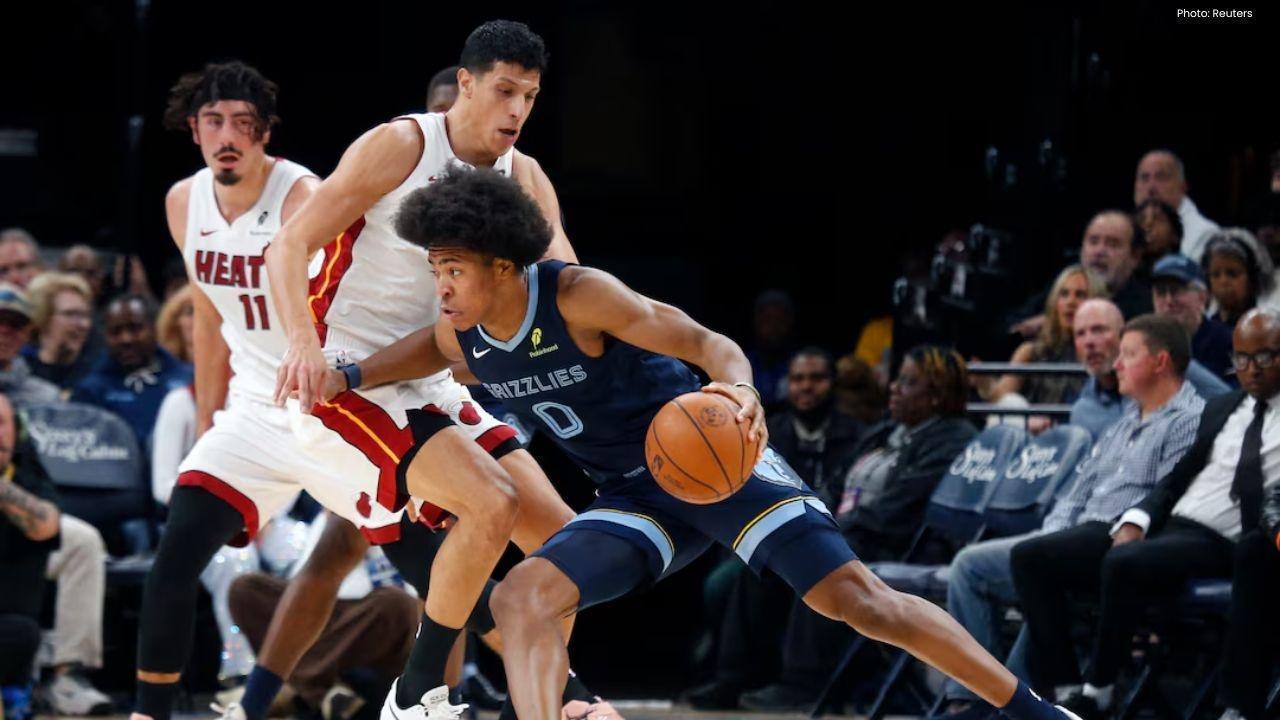
Post by : Monika
Starbucks, one of the most famous coffee brands in the world, is looking for help to grow its business in China. You might have seen Starbucks cafes in your city or town, and this company is trying to make its stores even more popular in China. Recently, Starbucks asked a group of serious investors to submit non-binding bids within two weeks.
Non-binding bids are a way for companies or investors to show they are interested in buying part of a business. The key word is “non-binding”—it means they don’t have to make a deal yet. It’s more like saying, “We’re interested, but we want to learn more before making a final decision.”
This step is part of Starbucks’ plan to bring in partners who can help it grow faster and compete better in China. Even though Starbucks wants to sell part of its China business, it will still keep a big share, meaning the company will continue to control its brand and operations in the country.
Who Has Been Invited to Make Offers?
Starbucks is inviting some of the world’s biggest investment firms and companies to make bids. These include:
Private equity firms like Carlyle, EQT, Hillhouse Investment, Primavera Capital, Bain Capital, and KKR & Co. Private equity firms are companies that invest in other businesses, often helping them grow or reorganize.
Tech giants, like Tencent, are also invited. Tencent is one of China’s biggest technology companies, known for social media apps and gaming.
These investors were selected after earlier steps in the bidding process. They already got presentations from Starbucks, where they could see financial numbers, reports, and details about operations in China. This allows investors to understand how Starbucks runs its business, what challenges it faces, and where it can grow in the future.
Why Starbucks Is Seeking Partners
Over the past five years, Starbucks has been struggling in China. In 2019, Starbucks had about 34% of the coffee market in China, which made it the market leader. However, by 2024, its market share dropped to just 14%. This sharp decline happened because local coffee brands such as Luckin Coffee became popular. Luckin and similar brands often sell coffee at lower prices and open more stores in smaller cities, making it easier for Chinese consumers to access them.
Starbucks tried to fight back by lowering the prices of some drinks and introducing new products tailored to Chinese tastes. For example, they offered drinks with local flavors and snacks that appeal to Chinese customers.
However, Starbucks realized that to grow faster and compete effectively, it needed a strategic partner—someone who could bring new ideas, local expertise, and financial support.
The Plan for Selling a Stake
Starbucks is not selling the whole business in China. CEO Brian Niccol said the company wants to keep a “meaningful stake”, which means Starbucks will still own a large portion and continue making important decisions.
The exact percentage of ownership being offered to investors has not been finalized yet. Some reports suggest that the deal could value Starbucks’ China operations at around $10 billion, depending on how big a share is sold and how many investors participate.
Starbucks hopes to complete the deal by the end of the year, bringing in new investors to help grow the business while retaining significant control over its operations.
Why This Step Matters
There are several reasons why Starbucks’ move is important:
Big brands can need help too: Even a well-known company like Starbucks may need partners when competition rises. This shows that asking for help is not a weakness—it’s a smart business strategy.
Investors bring value: By inviting investors, Starbucks gains not only money but also expertise and local knowledge. Partners can help the company understand new market trends, improve marketing, or expand more quickly in smaller cities.
Adapting to customer needs: Starbucks is responding to changes in consumer behavior. Chinese customers have different preferences and expectations compared to customers in the United States or Europe. Having a partner who understands the local market helps Starbucks adjust its menu, pricing, and store experiences.
Strategic growth: China is a key market for Starbucks. It is one of the fastest-growing countries for coffee consumption. Working with investors allows Starbucks to open more stores, develop new products, and invest in marketing without taking all the financial risk alone.
How Investors Can Help
By combining these strengths, Starbucks hopes to regain market share and become a stronger competitor against local coffee chains.
Quick Summary Table
What's Happening Why It Matters
Starbucks asking for bids They want help to grow and compete in China
Many big investors invited This shows serious interest from global and tech companies
Market share dropped Pressure from cheap local competitors pushed Starbucks to act
Starbucks wants to stay They’re planning to keep a major ownership while gaining help
Deal may finish this year A new partner may bring fresh ideas and energy to China business
Starbucks vs Local Competitors
Starbucks faces strong competition in China. Local chains like Luckin Coffee offer cheaper drinks and often focus on delivery and digital apps, making it convenient for people to get coffee without going to a store.
Starbucks has been trying to adapt:
New flavors and products: Introducing drinks with local ingredients such as matcha, red bean, or other traditional flavors.
Lower prices: Some items now cost less to attract more customers.
Digital presence: Enhancing mobile apps, online ordering, and delivery services.
Even with these strategies, Starbucks recognizes that competition is intense, and the best way to regain a leading position may be through partnerships with experienced investors.
What This Means for Consumers
For everyday people in China or elsewhere, this move could lead to:
More Starbucks stores in cities and smaller towns.
New drink options tailored to local tastes.
Better digital experiences, including mobile orders and delivery options.
Possible discounts or promotions if investors help Starbucks expand efficiently.
Basically, customers may see a more exciting and accessible Starbucks in the future.
Business Lessons for Young Readers
Even as a student, you can learn important lessons from Starbucks’ strategy:
Companies must adapt: If customers’ needs change, businesses must change too. Starbucks lowered prices, offered new flavors, and improved online services.
Competition drives growth: Just like in sports or school competitions, companies must stay ahead of rivals. Starbucks noticed local brands were winning customers, so it acted to improve.
Collaboration is smart: Starbucks is not selling everything but is bringing in partners. This is a smart way to gain strength without losing control.
Planning matters: Asking investors for non-binding bids first allows Starbucks to test the market, gather ideas, and make informed decisions without rushing.
Looking Forward
Starbucks’ next steps include:
Reviewing the bids: Investors will submit their proposals within two weeks. Starbucks will carefully evaluate them.
Negotiating final deals: After choosing the best partners, Starbucks will finalize the deal by the end of the year.
Expanding operations: With new partners, Starbucks may open more stores, enhance delivery, and attract more customers.
Maintaining control: Starbucks will ensure it still makes key decisions about its brand, menu, and store design.
This plan shows how large companies balance growth, competition, and control in a fast-changing market like China.
Starbucks’ strategy highlights how even big, well-known companies face challenges in foreign markets. By inviting investors to buy a stake, Starbucks gains support to grow while keeping control.
This story is also a lesson about smart business planning: companies must constantly adapt, seek help when needed, and make careful decisions to stay competitive.
For young readers, it’s an easy way to understand business strategies, global markets, and the role of partnerships in achieving success. Starbucks’ example shows that even giants need teamwork, planning, and innovation to succeed.










NBA Friday Recap: Powerhouse Wins for Miami, LA, Milwaukee, and Clippers
Miami, LA Lakers, Milwaukee, and Clippers triumphed in a thrilling NBA Friday, showcasing standout p

Doncic Shines with 49 Points in Lakers' 128-110 Victory over Timberwolves
Luka Doncic dazzles with 49 points as the Lakers secure a 128-110 win against the Timberwolves, show

Kings Triumph Over Jazz 105-104 with Last-Minute Sabonis Effort
The Sacramento Kings edged out the Utah Jazz 105-104, with Domantas Sabonis making the decisive shot

Argentina's Friendly Match Against India Delayed, New Date to be Announced
The friendly match between Argentina and India in Kochi has been postponed due to FIFA approval dela

Rohit and Kohli Conclude ODI Journeys in Australia with a Victory
Rohit Sharma and Virat Kohli bid adieu to Australian ODIs with a final win, forming a 168-run partne

George Russell's Wrestling Mask Antics at Mexican Grand Prix
George Russell donned a wrestling mask to enjoy the Mexican Grand Prix from the stands, providing a